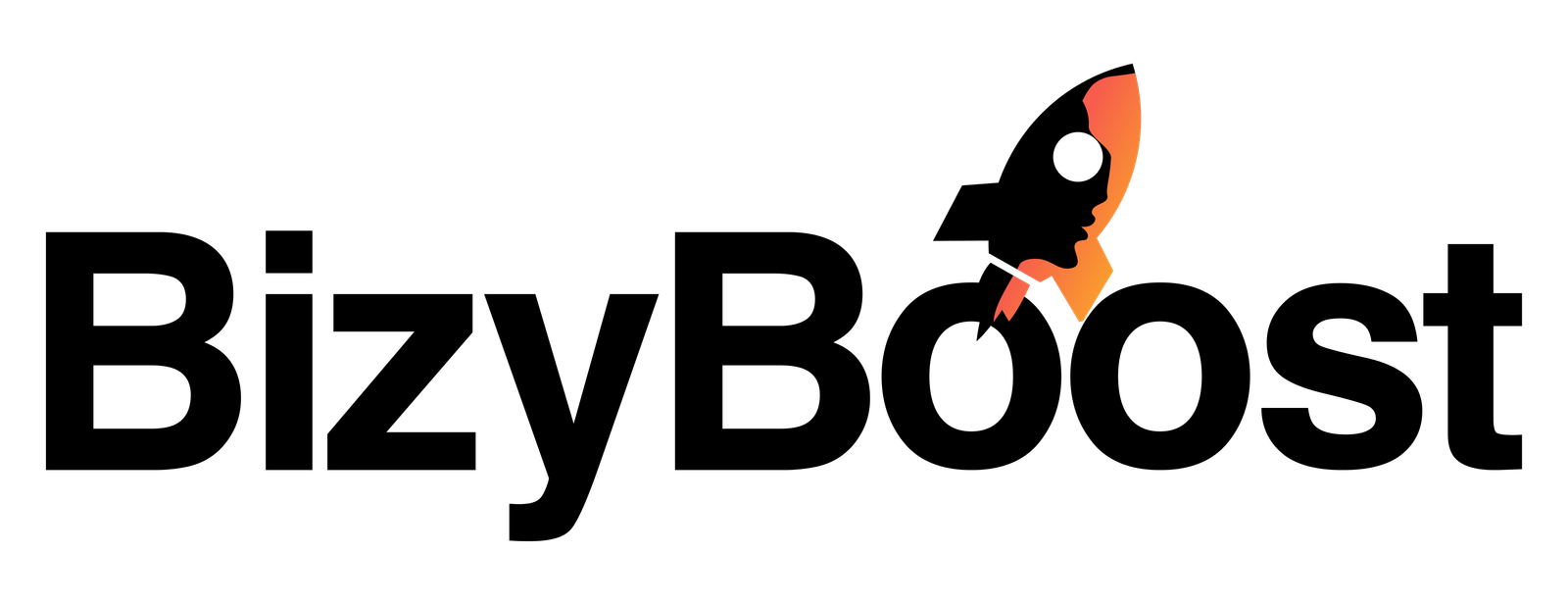In today’s fast-paced world, it’s hard to go even a few minutes without hearing a ping, a buzz, or a notification. Whether it’s an email, a social media update, or a reminder from your to-do list, technology is constantly calling for our attention. But have you ever stopped to think about how these constant interruptions affect your mind and well-being?
The question “voel jij je beaaid” – do you feel overwhelmed or betrayed by all this – captures a growing sentiment in today’s tech-driven world. While technology helps us stay connected and informed, it can also leave us feeling exhausted, disconnected, and mentally drained. In this article, we’ll explore how the constant influx of digital notifications impacts us and how we can find balance.
The Role of Technology in Our Daily Lives
Technology has become an integral part of our lives. From social media to instant messaging apps, our devices keep us connected and informed. Whether we’re keeping up with friends, tracking the latest news, or staying on top of work tasks, it seems like there’s always something new to focus on.
But the constant connectivity also means that we’re rarely disconnected. Phones, tablets, and computers buzz throughout the day, alerting us to new emails, messages, or updates. While technology makes it easier to stay connected and productive, it also adds an invisible pressure to always be “on.” When these interruptions pile up, it’s natural to pause and think: “Voel jij je beaaid?“
The Negative Impact of Constant Digital Interruptions
Cognitive Overload
Imagine trying to focus on a project at work, but every few minutes, your phone buzzes with a new notification. You check it, respond quickly, and return to your task, only to be interrupted again moments later. This constant switching between tasks is known as cognitive overload, and it can significantly reduce our ability to concentrate.
When we’re juggling multiple digital interruptions, our brains are forced to jump from one task to the next without ever fully focusing on one thing. This constant task-switching can lead to decreased productivity and mental exhaustion. Over time, it becomes harder to focus for long periods, making even simple tasks feel overwhelming.
Emotional Exhaustion
One of the most draining aspects of digital overload is the emotional strain it places on us. The pressure to stay available and responsive can feel relentless. Whether it’s replying to work emails late at night, keeping up with family updates on social media, or managing group chats, the sense of urgency never seems to stop.
This emotional exhaustion can lead to feelings of burnout. We begin to feel like we’re always “on call,” even if we’re technically not at work. This can create anxiety, stress, and a deep sense of fatigue – exactly what someone might describe when saying, “Voel jij je beaaid?“
Disconnect from Self
As we immerse ourselves in the constant flow of information, it becomes easy to lose touch with our own needs, thoughts, and emotions. We’re often so focused on the digital world that we forget to check in with ourselves.
The more we engage with technology, the less time we spend reflecting on our feelings or taking a break to recharge. This detachment can lead to feelings of isolation, confusion, and even a loss of purpose, as we get caught up in the noise of digital life.
The Impact on Mental and Physical Health
Burnout
The mental strain caused by constant digital interruptions can eventually lead to burnout. Over time, the inability to switch off can leave us feeling emotionally drained and unmotivated. This is not just about being tired; it’s a deep sense of exhaustion that affects both our mental and physical health.
People experiencing digital overload often report feeling less productive, more stressed, and disconnected from their passions. The more we’re plugged in, the harder it becomes to find the energy to engage in offline activities that bring us joy.
Sleep Disruption
Another negative impact of constant digital engagement is the disruption of our sleep patterns. Many of us check our phones before bed, which means we’re often exposed to screens just before sleep. The blue light emitted by devices interferes with our body’s natural sleep cycle, making it harder to fall asleep.
Additionally, the stress of checking emails or social media right before bed can keep our minds racing, preventing us from fully relaxing and getting a restful night’s sleep. Poor sleep over time can contribute to irritability, fatigue, and a weakened immune system.
Increased Anxiety
The constant barrage of notifications can also contribute to increased anxiety. We may feel the need to respond immediately to every message, as if our worth is tied to our availability. The fear of missing out or not being able to keep up with all the information can create a sense of constant anxiety – another factor behind the feeling of “voel jij je beaaid.“
Finding Balance: Managing Digital Overload
While technology can certainly enhance our lives, it’s important to manage our relationship with it to avoid becoming “beaaid.” Here are a few strategies to help reduce digital overload and reconnect with yourself:
Set Boundaries
Creating clear boundaries between work and personal life is essential. Set designated times for checking emails and social media, and stick to them. For example, try checking your inbox only in the morning and evening, rather than throughout the day.
By setting specific times for digital interactions, you can avoid constantly being distracted and reduce stress.
Digital Detox
A digital detox is a great way to take a break from screens and notifications. Whether it’s for a few hours or a weekend, disconnecting from your devices can help you reset and recharge.
Use this time to focus on hobbies, spend time with loved ones, or simply relax without the pressure of staying connected. The goal is to give yourself space to breathe without the constant interruptions of the digital world.
Practice Mindfulness
Mindfulness is a practice that helps you stay present in the moment. It can help you manage stress and reduce the feeling of being overwhelmed. Simple mindfulness exercises, like deep breathing or guided meditation, can help you regain focus and calm, even in the midst of a busy day.
By taking a few minutes each day to check in with yourself, you can create a sense of balance that technology often disrupts.
Last Words on voel jij je beaaid
In a world where technology is an integral part of daily life, it’s easy to feel overwhelmed by the constant flow of notifications, messages, and updates. The pressure to always be “on” can leave us feeling disconnected from ourselves and mentally exhausted. However, by setting boundaries, taking digital breaks, and practicing mindfulness, we can regain control and find a healthier balance.
So the next time you find yourself asking, “Voel jij je beaaid?“, take a step back and remember: it’s okay to disconnect. Prioritizing your mental health and reconnecting with yourself is the best way to navigate the digital world without losing sight of what truly matters.
Frequently Asked Questions (FAQs)
What does “voel jij je beaaid” mean?
“Voel jij je beaaid” translates to “Do you feel overwhelmed?” It refers to the mental and emotional exhaustion caused by constant digital interruptions and technology overload.
Why do people feel “beaaid” by technology?
People feel this way because of the endless notifications, emails, and updates that demand their attention, making it hard to focus, relax, or disconnect.
What are the common signs of feeling “beaaid”?
Common signs include:
Mental fatigue
Trouble focusing
Anxiety from constant notifications
Sleep disruptions
How can I stop feeling “beaaid”?
Set boundaries for tech use.
Take regular digital detoxes.
Practice mindfulness or relaxation techniques.
Schedule time for offline activities.
Is feeling “beaaid” a common issue?
Yes, many people experience this as technology plays an increasingly dominant role in our daily lives, leading to a sense of overload and burnout.
Recommended Article:
Understanding the m945xmw code: Causes and Troubleshooting Tips
The stephen kostelnya Life and Contributions
Pawziel Full Version 2: The Ultimate Pet Care Tool You’ve Been Waiting For





